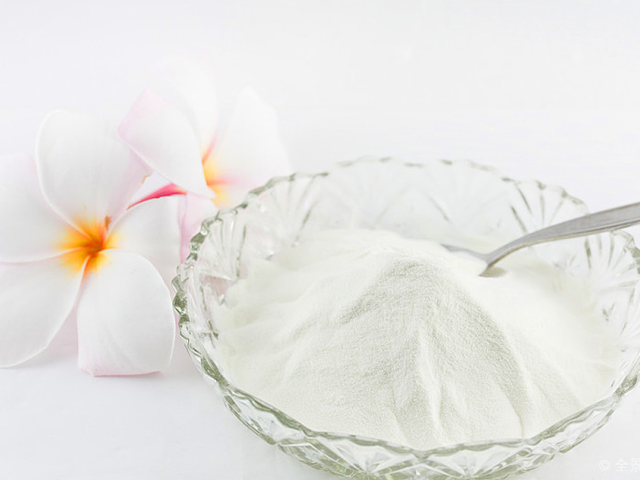Collagen peptides are a class of products with a relative molecular weight of less than 10000 Da that are produced from fresh animal tissues rich in collagen (including skin, bone, tendons, tendons, scales, etc.) through extraction, hydrolysis, and refinement. Collagen peptides are also known as collagen peptides, which are hydrolysates of collagen. Collagen peptides are small molecules of collagen. Collagen cannot be directly absorbed by the body, but hydrolyzed into collagen peptides that can be actively absorbed by the body and fully absorbed by body tissues.

The role of collagen peptides
1. Improve skin moisture function
Some studies have found that collagen peptides can promote the synthesis of hyaluronic acid. Hyaluronic acid is one of the main matrix components of the epidermis and dermis of the skin. The reduction and destruction of the content of hyaluronic acid in the skin can cause skin dehydration, wrinkling, and loss of elasticity, leading to skin aging. Therefore, the mechanism of collagen peptide in improving skin is closely related to hyaluronic acid.
In addition, collagen peptides have a similar structure and good compatibility with skin collagen, with interactions such as ionic bonds and hydrogen bonds; Due to its small molecular weight, it can diffuse to the deep layers of the skin, and contains a large number of hydroxyl groups, so it has a fairly good moisturizing effect.
2. Promote fiber synthesis
Fibroblasts are the most important cellular component in the dermis and play an important role in the synthesis of secretory fibers and extracellular matrix. With the growth of age, skin aging becomes prominent, and many clinical manifestations are related to the decrease in the number of fibroblasts, decline in synthetic function, or abnormalities.
As early as 1978, studies have shown that collagen peptides can promote the chemotaxis of fibroblasts. Scientists have found that collagen peptides have beneficial effects on the density of porcine skin fibroblasts and collagen fibers; Relevant experiments have confirmed that orally absorbed collagen peptides can specifically act on collagen fibers, such as Achilles tendon and dermis, thereby inhibiting skin aging.
3. Reduce melanin formation
The content and distribution of melanin in the skin are the main factors that determine skin color and pigmentation. Melanin aggregates to form patches. Melanin is a product formed by a series of complex reactions of tyrosine under the action of tyrosinase. Therefore, modern scientific research often judges the ability of the test substance to reduce melanin formation and eliminate color spots through its inhibition ability to tyrosinase activity.
The study found that the tyrosinase inhibition rate of collagen peptide solution with a mass concentration of 20 g/L can reach over 30%. Its ability to inhibit tyrosinase activity increases with the decrease of its relative molecular weight, with the maximum active molecular weight of scavenging free radicals and inhibiting tyrosinase concentrated below 1000 Daltons.